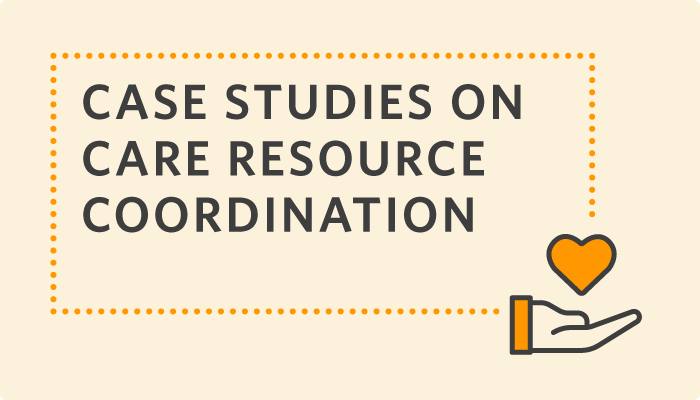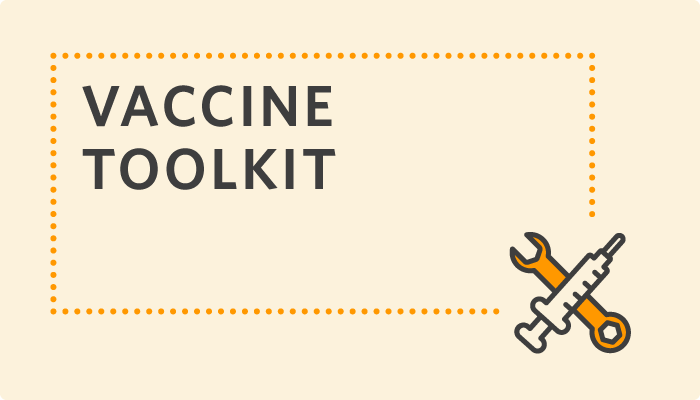Resources

Implementers reflect on successes, challenges, and share key lessons learned from COVID-19 care resource coordination programs.
Learn More
A set of practical tools and guidelines developed with and for public health implementers to promote an equitable vaccine rollout.
Learn More
A set of integrated public health tools essential for controlling COVID-19 and strengthening our ability to respond to future outbreaks.
Learn More


